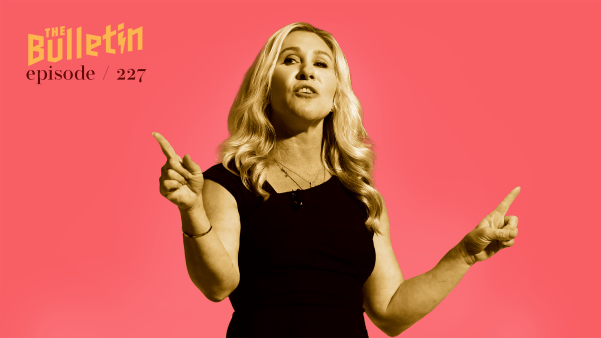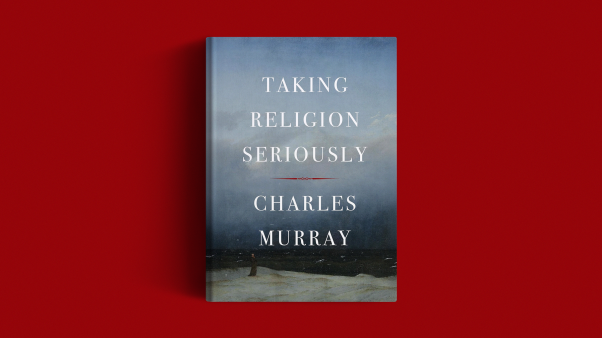We used to live on a street in Surrey, British Columbia, we called “the Mother of All Cul-De-Sacs.” The space between the houses was large enough to accommodate a dozen parked cars or a spirited soccer match. Our daughter learned to walk in that cul-de-sac, and our son shot his first basket into a full-sized hoop there. (Granted, he was on his father’s shoulders at the time.) Every night, a dozen kids would spill onto the street with bikes or hockey sticks, and we would congratulate ourselves on having selected the perfect neighborhood.
A year after we moved in, the street’s complexion changed. Several of the young families moved away, and we had a hard time getting to know our new neighbors.
We heard nasty rumors that certain residents were using their homes to grow marijuana. “Grow-ops” were a rampant problem in our area, but my husband and I doubted we were sharing fences with criminals. Our friendly neighbor to the right, “Van,” had recently arrived in Canada but was working hard on his English. Our neighbors to the left, an older couple who gardened relentlessly, seemed reserved but agreeable.
One afternoon, my kids and I noticed a flurry of activity. We watched as our neighbors on both sides were chased and cuffed by police, and truckloads of plants and equipment were pulled out of each of their residences. A sign declaring the area to be the site of a successful drug bust was proudly displayed—in our driveway!
My husband arrived home and intercepted one of the officers walking across our lawn. Our four-year-old eavesdropped on their conversation and ran back to me. “Our neighbors were arrested for throwing dough,” he said, confused and troubled. “Why aren’t you allowed to throw dough?” I wasn’t sure whether to clarify that the officer had actually said “growing dope.”
That night, the more I wrestled with how to explain the day’s events to our kids, the angrier I got. How dare those people invade our neighborhood and expose our children to dangerous criminal elements?
I was still fuming the next day when I left to perform at an event called “Love Surrey.” Area pastors had organized a multidenominational outdoor service in an effort to reach out to the community—just the sort of thing I love to support. But my anger boiled backstage as some friends warned me that grow-op owners are often quickly released and face minimal repercussions.
I returned home to see Van standing in the middle of our formerly kid-friendly cul-de-sac, holding a Coke can and chatting with my husband. I was seething when Mark walked into the house 30 minutes later.
“I can’t believe he’s a free man,” I hissed.
“Yeah,” Mark shrugged. “The laws are pretty weak. But …”
“But what?” I asked, incredulous.
“Van feels terrible.” Mark sighed. “He’s been out there pulling tiny weeds from the cul-de-sac garden, stuffing them into that Coke can. He’s trying to show everyone how sorry he is. He keeps promising it will never happen again.”
As Mark told me some of Van’s story (a sad tale of personal tragedy, poor choices, and exploitation by people higher up the criminal food chain), I had a sudden epiphany.
Van was my neighbor.
Of course I knew he lived next door, but I realized with a start that Van was my neighbor in the “love your neighbor as yourself” sense. It dawned on me that if I had been the lawyer trying to define the law in Luke’s gospel, Jesus could have told me a story about a pot grower in Surrey.
I looked down at the new “Love Surrey” T-shirt I was wearing and winced, remembering Charles Schultz’s ironic words: “I love mankind; it’s just people I can’t stand.” I had known—preached, even—love of neighbor in the abstract. I had believed that the point of the Good Samaritan parable was that my neighbor is anyone who needs my help. But I had been thinking more of innocent victims in Africa than of drug-producing villains on my street.
I hope the kindness we eventually decided to show Van helped him change half as much as he changed the way we see the people around us. The driven professional with the BMW, the retiree with the yappy dog, the new immigrant too shy to make eye contact—these are our neighbors. And if we love the God who made them, we will love them as we love ourselves.
C. S. Lewis observes, “There are no ordinary people. You have never met a mere mortal.” There are six billion residents on this cul-de-sac we call home, each of them bearing the image of God, each of them a neighbor to be loved. We might as well start with the immortals next door.
Copyright © 2009 Christianity Today. Click for reprint information.
Related Elsewhere:
Other articles on spirituality and prayer are available on our site.
Arends’s previous columns include:
Our Shalom Vocation | Peacemaking is more than not making waves. (November 10, 2008)
Theology in Aisle 7 | Trying to organize a God who transcends. (September 22, 2008)
Here’s to All the Losers | Why defeat at the hands of God is magnificent. (July 16, 2008)
The Grace of Wrath | Is there any story about God that isn’t a love story? (May 12, 2008)
Carbonated Holiness | Laughter is serious business. (April 1, 2008)










